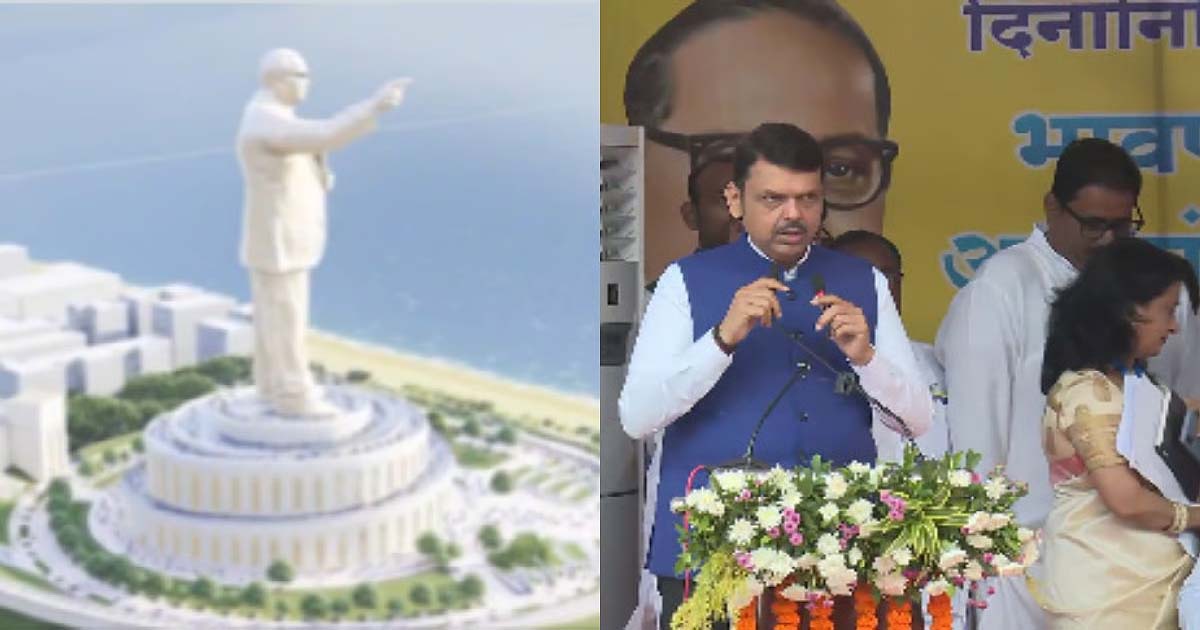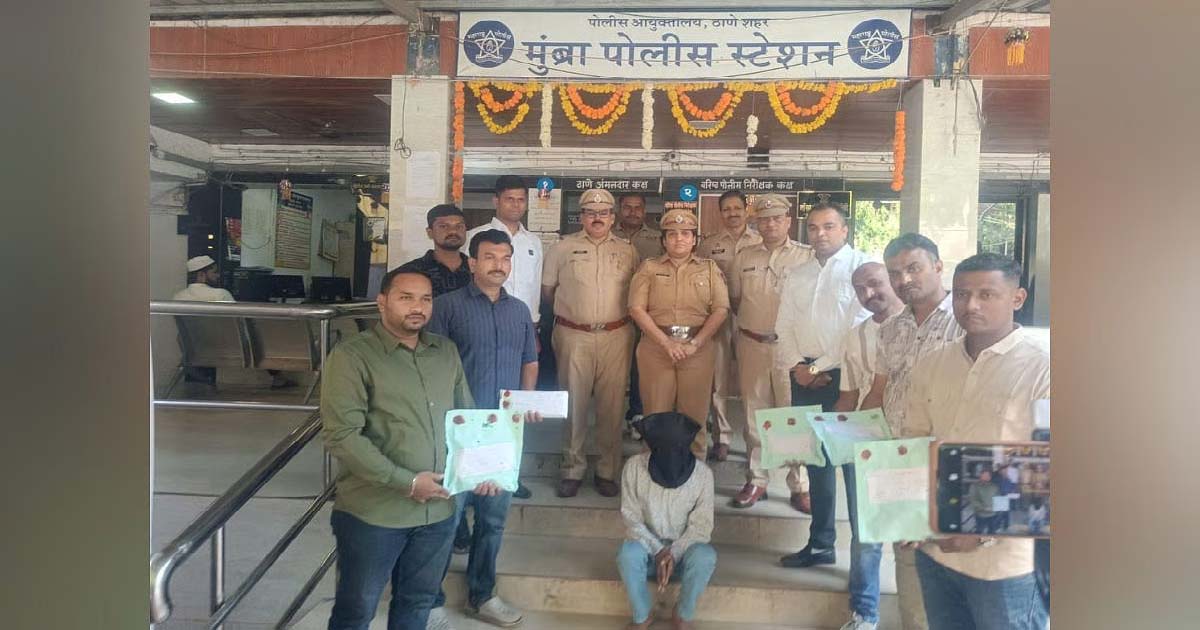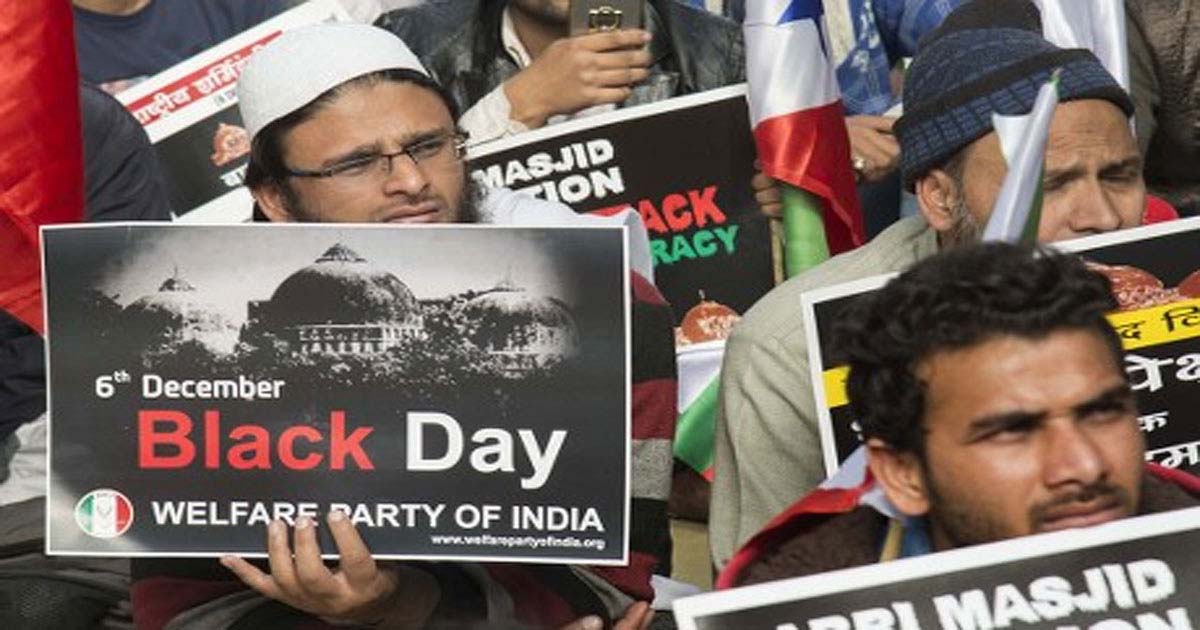National News
Cong pays tribute to Nehru on his birth anniversary
The Congress leaders on Sunday paid rich tributes to the first Prime Minister of India, Jawaharlal Nehru. Interim President Sonia Gandhi visited the Shanti Van in the morning to pay her tributes.
Former Congress President Rahul Gandhi tweeted: “‘What we need is a generation of peace’ – Pandit Jawaharlal Nehru. Remembering India’s first Prime Minister who greatly valued truth, unity and peace. “
The Congress said, “On Chacha Nehru’s birth anniversary, we wish for the bright & prosperous future of each & every child in India.Our commitment to the nation’s future is unrelenting.”
The Congress leaders paid tribute to its stalwart and from Sunday the party is starting a nationwide agitation against inflation and price rise.
As per pmindia.gov.in, “Nehru returned to India in 1912 and plunged straight into politics. Even as a student, he had been interested in the struggle of all nations who suffered under foreign domination. He took keen interest in the Sinn Fein Movement in Ireland. In India, he was inevitably drawn into the struggle for Independence.
“In 1912, he attended the Bankipore Congress as a delegate, and became Secretary of the Home Rule League, Allahabad in 1919. In 1916 he had his first meeting with Mahatma Gandhi and felt immensely inspired by him. He organised the first Kisan March in Pratapgarh District of Uttar Pradesh in 1920. He was twice imprisoned in connection with the Non-Cooperation Movement of 1920-22.
“Nehru became the General Secretary of the All India Congress Committee in September 1923. He toured Italy, Switzerland, England, Belgium, Germany and Russia in 1926. In Belgium, he attended the Congress of Oppressed Nationalities in Brussels as an official delegate of the Indian National Congress. He also attended the tenth anniversary celebrations of the October Socialist Revolution in Moscow in 1927. Earlier, in 1926, at the Madras Congress, Nehru had been instrumental in committing the Congress to the goal of Independence. While leading a procession against the Simon commission, he was lathi-charged in Lucknow in 1928. On August 29, 1928 he attended the All-Party Congress and was one of the signatories to the Nehru Report on Indian Constitutional Reform, named after his father Shri Motilal Nehru. The same year, he also founded the ‘Independence for India League’, which advocated complete severance of the British connection with India, and became its General Secretary.
“In 1929, Nehru was elected President of the Lahore Session of the Indian National Congress, where complete independence for the country was adopted as the goal. He was imprisoned several times during 1930-35 in connection with the Salt Satyagraha and other movements launched by the Congress. He completed his ‘Autobiography’ in Almora Jail on February 14, 1935. After release, he flew to Switzerland to see his ailing wife and visited London in February-March, 1936. He also visited Spain in July 1938, when the country was in the throws of Civil War. Just before the court-break of the Second World War, he visited China too.
“On October 31, 1940 Nehru was arrested for offering individual Satyagraha to protest against India’s forced participation in war. He was released along with the other leaders in December 1941. On August 7, 1942 Nehru moved the historic ‘Quit India’ resolution at the A.I.C.C. session in Bombay. On August 8,1942 he was arrested along with other leaders and taken to Ahmednagar Fort. This was his longest and also his last detention. In all, he suffered imprisonment nine times. After his release in January 1945, he organised legal defence for those officers and men of the INA charged with treason. In March 1946, Nehru toured South East Asia. He was elected President of the Congress for the fourth time on July 6, 1946 and again for three more terms from 1951 to 1954.”
National News
Mahaparinirvan Diwas 2025: Dr Ambedkar’s Mumbai Memorial To Near Completion By Dec 2026 | All You Need To Know

Mumbai: Maharashtra Chief Minister Devendra Fadnavis on Saturday, December 6, said all efforts will be taken to ensure completion of the grand memorial of Babasaheb Ambedkar at Indu Mill in Mumbai’s Dadar area by next year. While speaking at a function at Dadar’s ‘Chaityabhoomi’ to mark the 69th Mahaparinirvan Day (death anniversary), the CM said, “Construction work is on, and all efforts will be taken to complete it by December 6 next year.”
– The under-construction 450-foot memorial of Bharat Ratna Dr Babasaheb Ambedkar, taking shape very close to the sacred ground of Chaityabhoomi, features a 350-foot-tall statue and a 100-foot-high pedestal.
– A steel and bronze statue, standing 350 feet tall, is being prepared in Ghaziabad by the firm of renowned sculptor Ram Sutar, a Maharashtra Bhushan and Padma Bhushan awardee.
– More than 1,478 tonnes of steel and 107 tonnes of bronze have already been procured; intricate bronze panels covering 661 square metres are complete.
– The 4-hectare memorial also features a 1,000-seater auditorium, a research centre with seminar halls, a library, a meditation area, a promenade, a Parikrama Path, two-story parking area.
– In an update by MMRDA, it stated that over 54 per cent of the work on the monument is complete.
– The Maharashtra govt had in 2013 appointed the Mumbai Metropolitan Region Development Authority as the Special Planning Authority (SPA) for the development of the memorial on a 4.84-hectare plot. Its ‘bhoomi pujan’ was held on October 11, 2015, at the hands of Prime Minister Narendra Modi.
– The site is close to ‘Chaityabhoomi’, where lakhs of followers converge every year on December 6 to mark the death anniversary of Ambedkar. He died on this day in 1956.
NCP (SP) working president Supriya Sule has questioned the delay in the construction of the memorial complex. While speaking to reporters
Speaking to reporters after paying tribute at ‘Chaityabhoomi’ on the 69th Mahaparinirvan Diwas of Babasaheb Ambedkar, she said, “Even after land was given for the grand memorial, why is it taking so long to complete it? Big road and infrastructure projects of the state are being completed, but this memorial is a place of faith for all of us. Why is it still not complete? The state government must answer.”
Crime
Thane NDPS Wing Busts Drug Racket; Over 2.2 Kg Hashish Worth ₹1.10 Crore Seized In Mumbra, 1 Accused Arrested

Thane, Dec 06: Thane City’s NDPS branch has achieved a major success. Under an on-ground operation, the police have exposed an active gang selling narcotic substances. In this action, the police have recovered approximately 02 kg 201 grams of hashish (charas), the market value of which is estimated to be one crore ten lakh sixty-five thousand rupees.
This operation was led by Senior Police Inspector Nitin Shinde. His team included officers and personnel from the crime branch, who carried out this action based on secret information.
Police had received information that some individuals were selling hashish and other intoxicating substances in the Mumbra area. Following this, the team laid a trap, cordoned off, and caught the suspect in the Bandewadi area. A large quantity of hashish was recovered from his possession upon search.
The suspected accused has been identified as Moin Khan, alias Hasrat Ali Siddiqui. Preliminary interrogation revealed that he used to illegally procure hashish from Jammu and Kashmir and sell it in Thane, Mumbai, and surrounding areas. The accused already has several serious crimes registered against him.
In this regard, Mumbra Police has registered a case under NDPS Act 20(a)(i)(b), 29, and further investigation is underway. The police are also trying to find out who else is involved in this network and how far this hashish supply chain extends.
Mumbai Press Exclusive News
On the 33rd anniversary of the Babri Masjid demolition, Mumbai’s streets reverberated with chants of “Allahu Akbar.”Peaceful protests and prayers for recovery were offered, with police on alert.

On the 33rd anniversary of the Babri Masjid demolition in Mumbai, mosques, streets, and intersections in the city and suburbs echoed with the call to prayer of Allahu Akbar, Allahu Akbar, when the miscreants had demolished the Babri Masjid at 3:45 pm. Muslims believe that the Babri Masjid is a mosque from the throne to the floor and will remain a mosque until the Day of Judgment. Therefore, Muslims observed a black day of protest on December 6. Prayers were also offered for the recovery of the Babri Masjid on this occasion. Raza Academy had announced to observe a black day on the martyrdom of the Babri Masjid and to give collective azans in mosques. On this occasion, Raza Academy organized azan at the intersections of Muslim-majority areas, especially Minaret Masjid and other mosques. On this occasion, the police had made strict security arrangements. Muslim organizations also observed a black day by giving azan and protesting on the martyrdom of the Babri Masjid. Muslims also remembered the grief of the martyrdom of the Babri Masjid by posting statuses related to the Babri Masjid on social media and every Muslim looked sad.
33rd anniversary of the Babri Masjid demolition; Azans were given in the city on the appeal of Raza Academy. On the occasion of the 33rd anniversary of the Babri Masjid demolition, Raza Academy gave azan in different areas of the city at 3:45 pm. The aim of this initiative is to keep the memory of this historical event fresh and pay tribute to the martyrs of Babri Masjid. Raza Academy gave azan in particular at Khatri Masjid, Bunyan Road, Minare Masjid, Muhammad Ali Road Corner, Bhandi Bazaar, Neer Mandvi Post Office. On this occasion, scholars prayed for the recovery of Babri Masjid and made it clear that Babri Masjid was taken by fraud. Babri Masjid will remain a mosque until the Day of Judgment. The miscreants have tarnished the constitution of the country by demolishing this mosque, which will always remain a fresh wound like injustice. Raza Academy head Saeed Noori said that Black Day is observed on the martyrdom of Babri Masjid. On this day, Raza Academy organizes Azan and peaceful protests are held against this injustice. He said that miscreants targeted the mosque and martyred it while it was protected, but even today its perpetrators are free. The Supreme Court has also accepted that Babri Masjid was not built by demolishing a temple, while miscreants have put a stigma of oppression and injustice on the chest of the country. Every year on the anniversary of Babri Masjid, Raza Academy refreshes its memory by giving Azan. There is a sorrow that will always remain. Mumbai Police had made strict security arrangements on the anniversary of Babri Masjid and an alert was issued in the city.
-

 Crime3 years ago
Crime3 years agoClass 10 student jumps to death in Jaipur
-

 Maharashtra1 year ago
Maharashtra1 year agoMumbai Local Train Update: Central Railway’s New Timetable Comes Into Effect; Check Full List Of Revised Timings & Stations
-

 Maharashtra1 year ago
Maharashtra1 year agoMumbai To Go Toll-Free Tonight! Maharashtra Govt Announces Complete Toll Waiver For Light Motor Vehicles At All 5 Entry Points Of City
-

 Maharashtra1 year ago
Maharashtra1 year agoFalse photo of Imtiaz Jaleel’s rally, exposing the fooling conspiracy
-

 National News1 year ago
National News1 year agoMinistry of Railways rolls out Special Drive 4.0 with focus on digitisation, cleanliness, inclusiveness and grievance redressal
-

 Maharashtra1 year ago
Maharashtra1 year agoMaharashtra Elections 2024: Mumbai Metro & BEST Services Extended Till Midnight On Voting Day
-

 National News1 year ago
National News1 year agoJ&K: 4 Jawans Killed, 28 Injured After Bus Carrying BSF Personnel For Poll Duty Falls Into Gorge In Budgam; Terrifying Visuals Surface
-

 Crime1 year ago
Crime1 year agoBaba Siddique Murder: Mumbai Police Unable To Get Lawrence Bishnoi Custody Due To Home Ministry Order, Says Report












